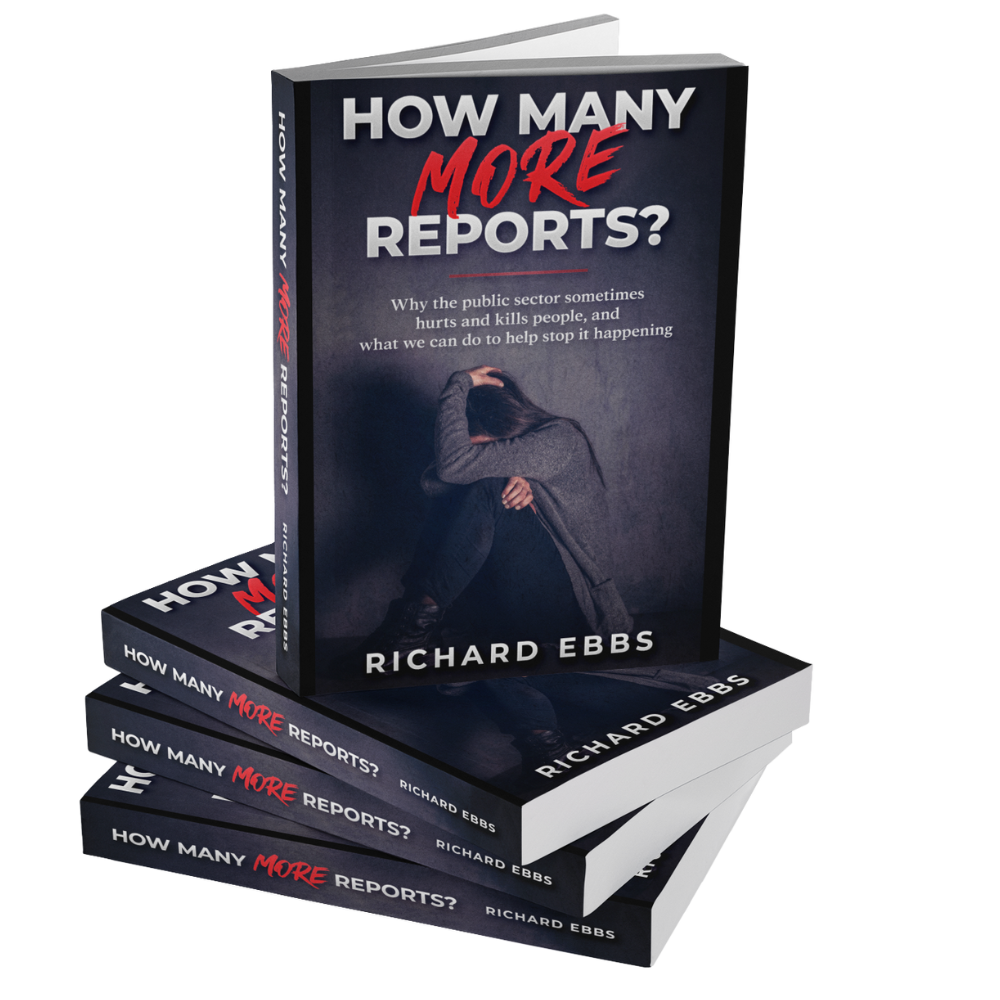How Many More Reports?
Why the public sector sometimes hurts and kills people, and what we can do to help stop it happening

Huge, multi-million pound inquiries followed by report after report. Sadly, we know we won’t have to wait long before another is published. All trying to understand and explain why people died and suffered.
Public sector organisations, often full of decent and professional people, who do such good work. Yet, those same organisations can cause harm and suffering?
How do these scandals keep happening when all those reports are full of evidence, accounts, lessons and recommendations?
Are they looking in the wrong place? Might they be missing the dynamics involved in these large hierarchical organisations? Are they looking too closely? If we stepped back, might that allow us to see the recurring themes and patterns? If that gave us a different perspective, we would see things differently. We could then apply the right levers in the right areas to stop the reports.
What our public sector does, every day, in health, the police, universities and in many other areas matters to us all. They are too important to jump from scandal to crisis, as they seem to do.
I think you’ll agree that they are just too valuable to leave things to chance.
ABOUT THE AUTHOR
Richard Ebbs is a former low-ranking employee in the public sector and a former senior manager in the private sector. This insight and ability to flit between the two views allows a dive into those public sector scandals and disasters to try and work out exactly what is going on. Additionally, as a systems thinker and someone who reads and studies every day, he hopes to bring a different perspective as to why our public sector struggles to learn the lessons it says it wants to learn.


THE TOPICS COVERED
Amongst the topics covered: A walkthrough the organisation to see what can, and can’t be changed. A team dynamics problem which is more common than you might think. Advice to the police on a specific area they should look at in ethics & honesty, especially for trainee officers. Why staff struggle to speak up when they know they should, and how to change this.
We’ll also see what everyone needs, and looks for, in the workplace, and its not money. In our look at whistle blowing we try to work out why, often, they come off second best. Non Disclosure Agreements (confidentiality clauses) which can be used to silence staff, also get attention. Then the three questions you should always ask, when one of these scandals occur. Finally, we ask what we must change to make things better. All this, and more, supported by some science and research.